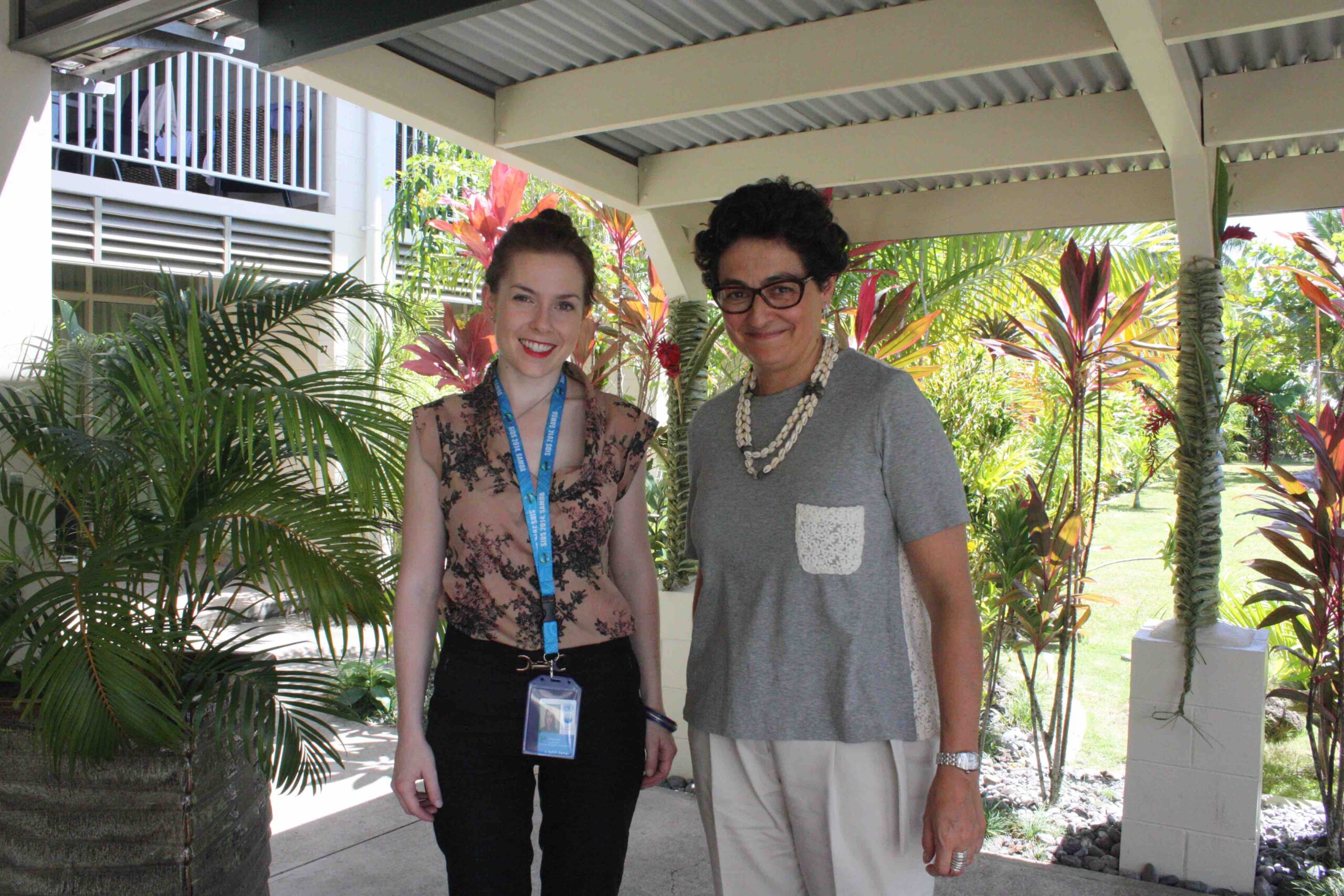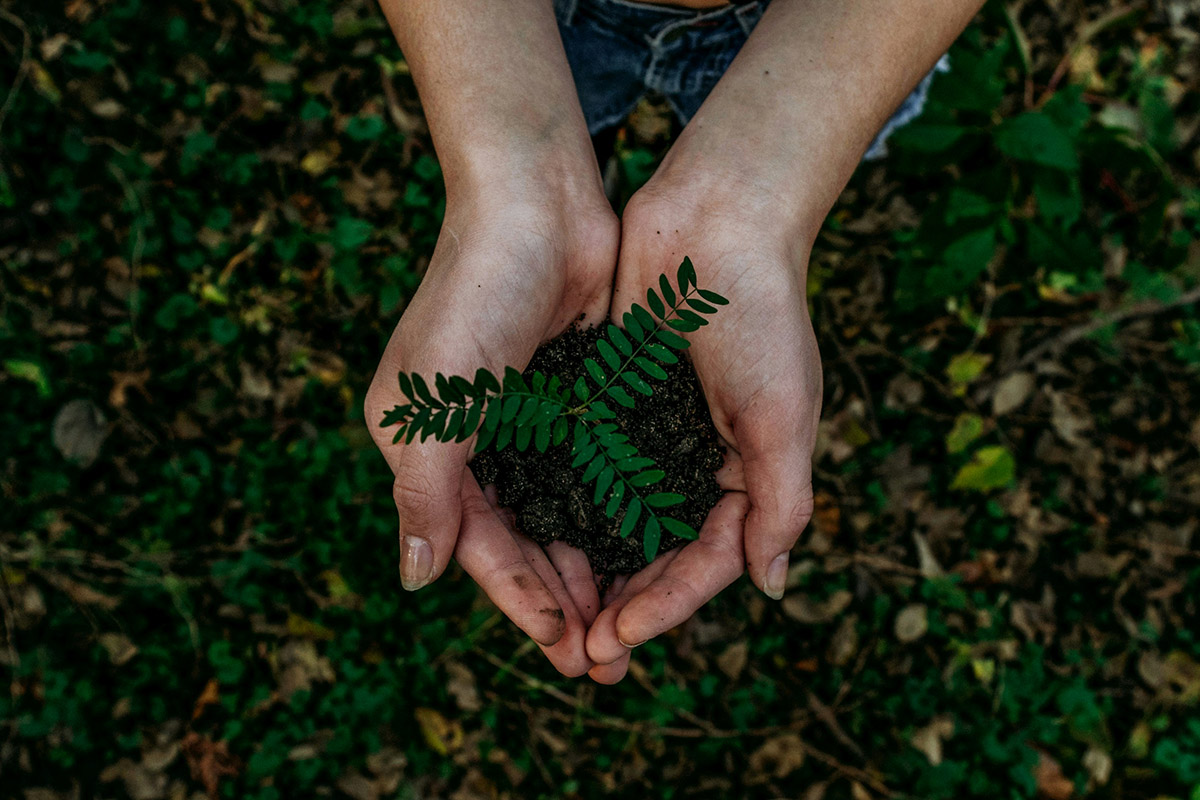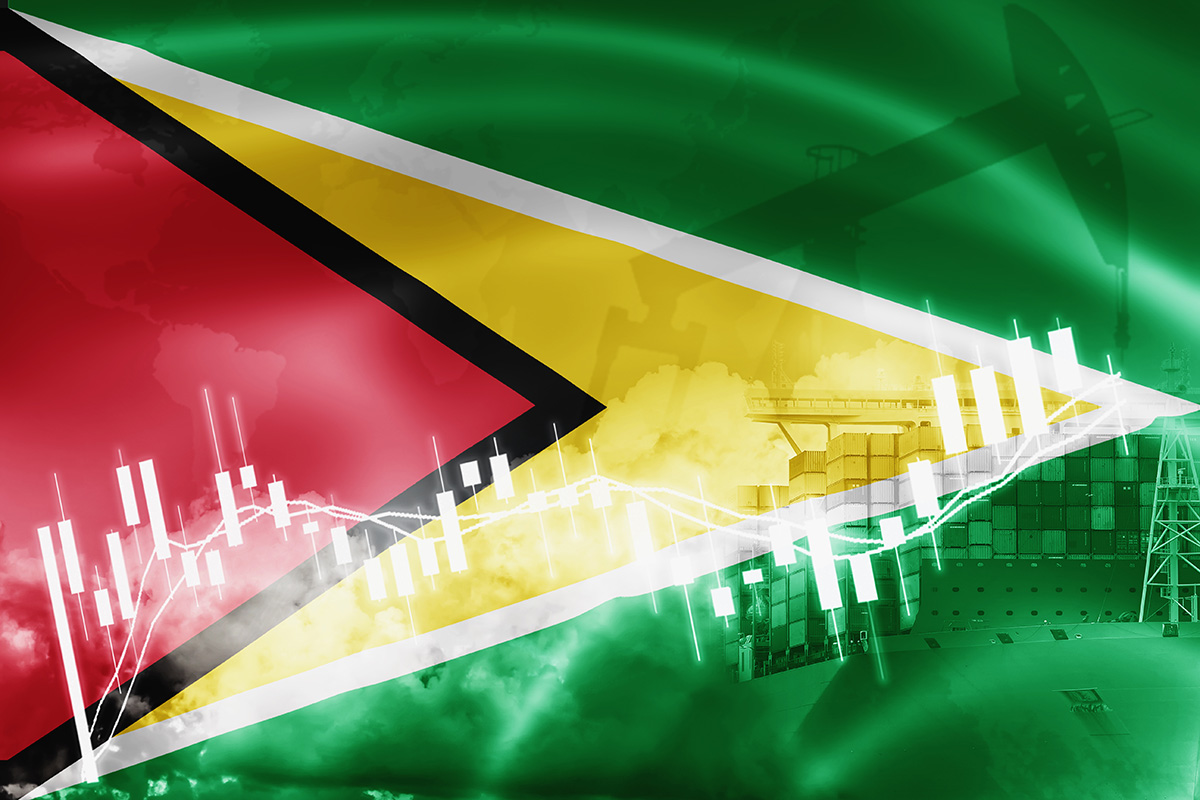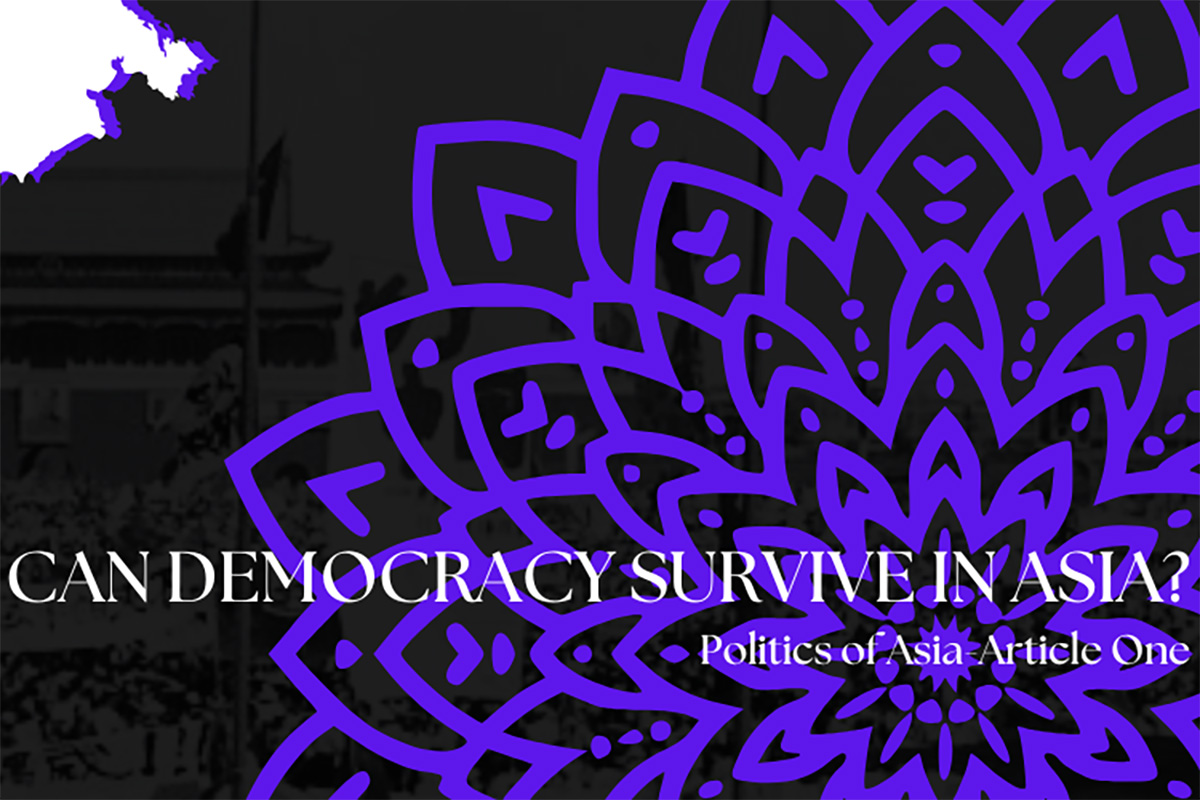SIDS 2014: "Trade and women’s economic empowerment critical, says ITC"
September 2 Small island developing states are especially vulnerable to external economic and environmental shocks. At the Third International Conference on Small Island Developing States in Samoa, 1-4 September, the Commonwealth is partnering with the United Nations, governments and international organisations to help build the resilience of these countries.
Small island developing states are especially vulnerable to external economic and environmental shocks. At the Third International Conference on Small Island Developing States in Samoa, 1-4 September, the Commonwealth is partnering with the United Nations, governments and international organisations to help build the resilience of these countries.
The International Trade Centre’s priorities at SIDS this week include women’s economic empowerment, youth entrepreneurship and the impact of climate change on market stability, reports Steph Carter, 24, a Commonwealth Correspondent from Australia, in an interview with Arancha Gonzalez, the Executive Director of the International Trade Centre in Geneva.
In the current portfolio of the ITC, particularly with regards to Pacific SIDS, what are your key priorities?
The priorities of the International Trade Centre for SIDS countries have to address the specific constraints that SIDS face in integrating themselves into the World economy. Those constraints include remoteness, the size of the markets, and vulnerabilities specifically related to the changing climate. We try to help address those vulnerabilities from an economic growth and employment angle.
We want to see how we can help improve the ability of SIDS to participate in the international economy, in particular through trade. We have two big focus areas- the first is women’s empowerment, and this is for a very simple reason. Women entrepreneurs re-invest about 90% of revenues into their communities and families, compared to 40% in the case of male entrepreneurs. Fostering women’s economic empowerment is important. The second factor is youth, as they are a huge component for SIDS economies.
The pre-SIDS Youth Forum was held earlier this week, and a major issue identified was youth unemployment. What might some of the solutions be moving forward?
For me it starts with education. Making sure that education systems are offering appropriate skills, and vocational training that responds to what the market is demanding. What I see in many countries is that educational systems are churning out lots of degrees, lots of young well-educated people- but with skills for which the market is already saturated or not demanding. We need to make sure education systems are attuned to the realities of the market.
Youth entrepreneurship is a solution, but access to finance is a huge issue. Young people have great ideas, but often have no way to translate these into tangible and economically valuable activities. This access to finance is not just in the form of traditional banks, credits and loans, but looking also at impact investments, crowd funding, and other sources of financing to help young people find a financial mechanism that allows them to put into practice their ideas.
I believe that more attention must also be paid to the services sector. For SIDS it’s a no brainer- with tourism there is huge potential for linkages to the rest of the economy in SIDS and elsewhere. Use of new technologies is also important, as the younger generation is particularly well placed to translate technology into solutions for every day problems.
With access to finance for vulnerable groups such as women and youth, there needs to be a certain measure of cultural change and awareness that comes hand in hand with that. In creating that awareness, would there be any other partnerships on the ground, aside from with governments, that you would foster?
With access to finance for these groups, we’ve got to be mindful of the risk and devise mechanisms that make it accessible- you have to be sensitive towards who is trying to access those funds. Women working in remote areas may not have a bank account- you cannot treat them as you would treat a SME in say, Germany.
For that, partly it’s got to do with governments, but it’s also about financial institutions and even crowd funding, with individuals pooling resources into a mechanism accessible to others. If the objective is financial inclusion, the means are not only the traditional means, like financial institutions, but also many others. There are micro credits and micro finance, but they are good for micro entrepreneurs demanding very small amounts of initial capital.
Climate change is obviously a key topic for SIDS, with growing implications. What is your perspective on its resulting long-term impact on market stability for SIDS and the business environment in general?
The climate change issue becomes absolutely clear to anyone when you come to a SID-particularly in the Pacific region. They are remote and vulnerable and we have underestimated climate change not just in the numbers, but in the impact it is having in societies. There is a big decision to be made about reducing the carbon we emit to the atmosphere but around that, obviously we need to build greater resilience in the economies of those affected by climate change.
We need resilience of agricultural markets, resilience of farmers, and resilience of the alert systems to help us mitigate the impact of what is already happening. We need to help producers adapt to the impacts of climate change.
With the SIDS conference starting tomorrow, what outcomes does the ITC hope to see specifically?
For us it’s a question of partnerships. We want to make sure this idea of partnerships is not only well understood by all the partners, whether they are SIDS governments, non SIDS, private sector, civil society, but that this is incarnated into greater cooperation and coordination of action to address challenges.
We are launching three specific partnerships on Tuesday- one in Samoa, one in Vanuatu, and one in PNG. These will be partnerships between the private sector, governments and the ITC. All three partnerships will focus on the economic empowerment of women. In Samoa it’s a partnership to help companies tap into government legislation reserving part of public procurement for women’s enterprises, while in PNG, we want to foster bringing to the market traditional knowledge in the form of bilum bags-weaving that has been in PNG for centuries now.
We are helping women create produce in a manner that is more attractive to the market, pairing them with designers at London School of Fashion and helping them with quality and fashion standards. In Vanuatu, in Espiritu Santo, we want to create linkages between the hotel industry and food and vegetable producers, connecting them to the market. Being able to share with others what we do, and see others embrace this, is very important for us.




